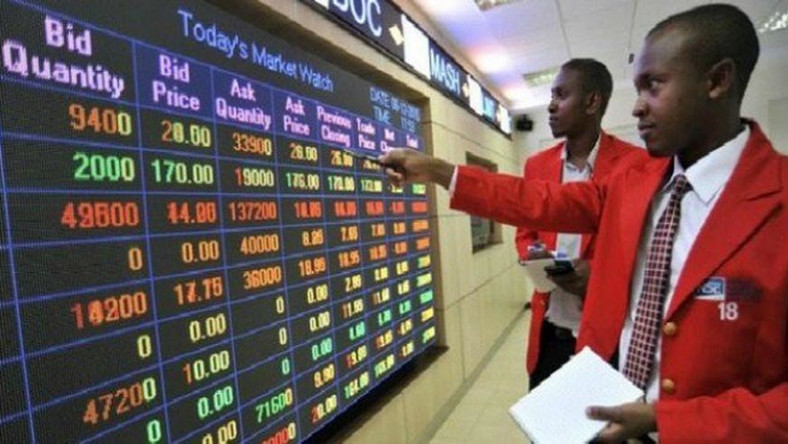What’s Fueling Investor Confidence?
The Nigerian stock market, represented by the Nigerian Exchange Limited (NGX), closed the month of October on a highly positive note. Investors exhibited growing confidence in listed companies, thanks to favorable policies and a strong earnings season. Moreover, the listing of 190 million shares of a prominent group injected substantial capital into the market, boosting liquidity and creating wealth-building opportunities.
The NGX All-Share Index painted an impressive picture, appreciating by 4.3% and closing the month at 69,236.19 index points. This surge reflects a year-to-date return of 35.09% growth, defying concerns like rising inflation, interest rate hikes, and the looming 2023 general elections. So, what’s behind this remarkable investor confidence?
1. Forward-Looking Policies:
One significant factor contributing to this optimism is the introduction of favorable policies by President Bola Tinubu’s administration. Measures like the removal of fuel subsidies, streamlining of exchange rates, and the floating of the naira have been instrumental in bolstering investor sentiment.
2. Strategic Positioning:
Investors have strategically positioned themselves to take advantage of the recent record earnings posted by publicly traded companies. The promising dividend outlook for these firms drove increased buying activity during the half-year earnings season.
Read Also:
- Nigeria Can Generate $3 Billion From Solid Minerals – Senate
- Access Holdings’ Gross Earnings Hit N1.4tn
- Disaster Management Stakeholders Call For More Cooperation, Synergy
3. Robust Earnings:
As companies, especially banks, released strong half-year results, investors flocked to the stock market. The market tends to sustain positive sentiment during earnings seasons, as investors anticipate lucrative dividends.
4. Demographic Shift:
A notable shift has occurred in the NGX in recent years, with more local institutions and retail investors participating in the market compared to foreign portfolio investors. This shift has reduced stock price volatility, as local investors have more faith in the local market.
5. Expectation of Foreign Investment:
Investors are optimistic that the newly introduced policies will attract foreign investment. This expectation serves as a primary trigger for the stock market rally.
6. Short-Term Inflation Increase:
Some of these policies may lead to a short-term increase in inflation levels. Historically, stock prices tend to rise alongside inflation, providing another incentive for investors.
7. Portfolio Rebalancing:
Fund and asset managers engage in portfolio rebalancing every quarter and half-year, a practice that typically results in stock market rallies. As we approach the end of the first half of the year, this trend is contributing to the surge in stock prices.
Despite uncertainties in the broader environment, the Nigerian stock market remains resilient and continues to draw attention from investors. The combination of forward-looking policies, robust earnings, and changing market dynamics is fueling this impressive performance, making it an attractive destination for both local and international investors. As the year progresses, the market’s ability to maintain this upward trajectory will be closely watched.
Follow us on Facebook



